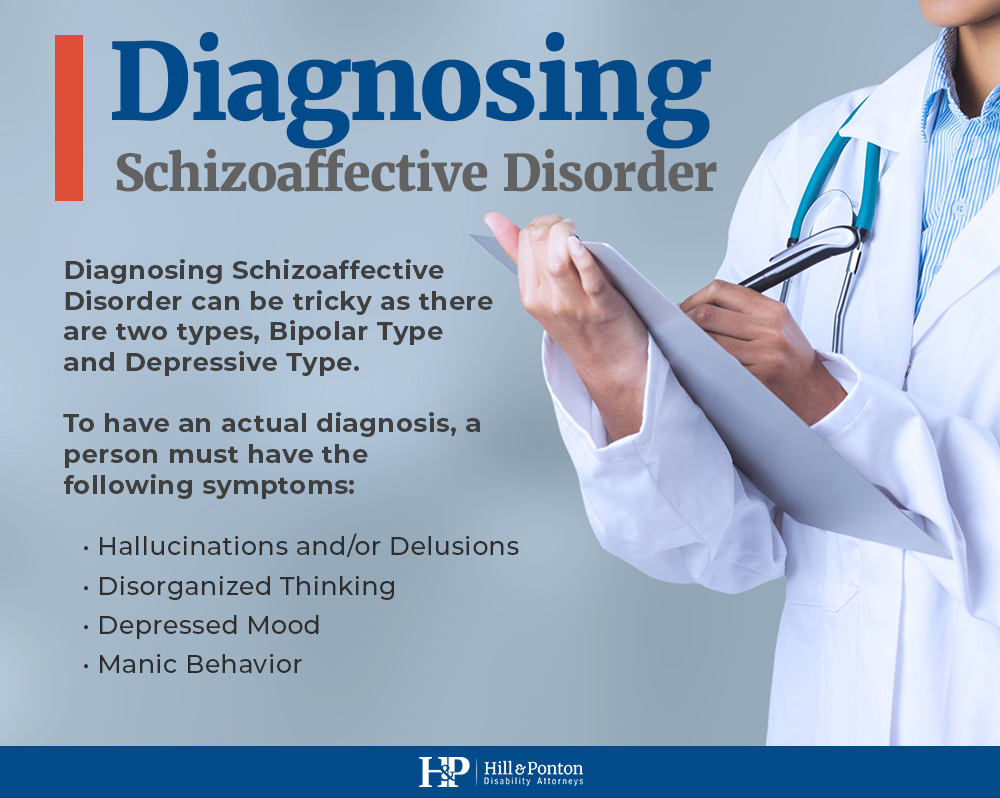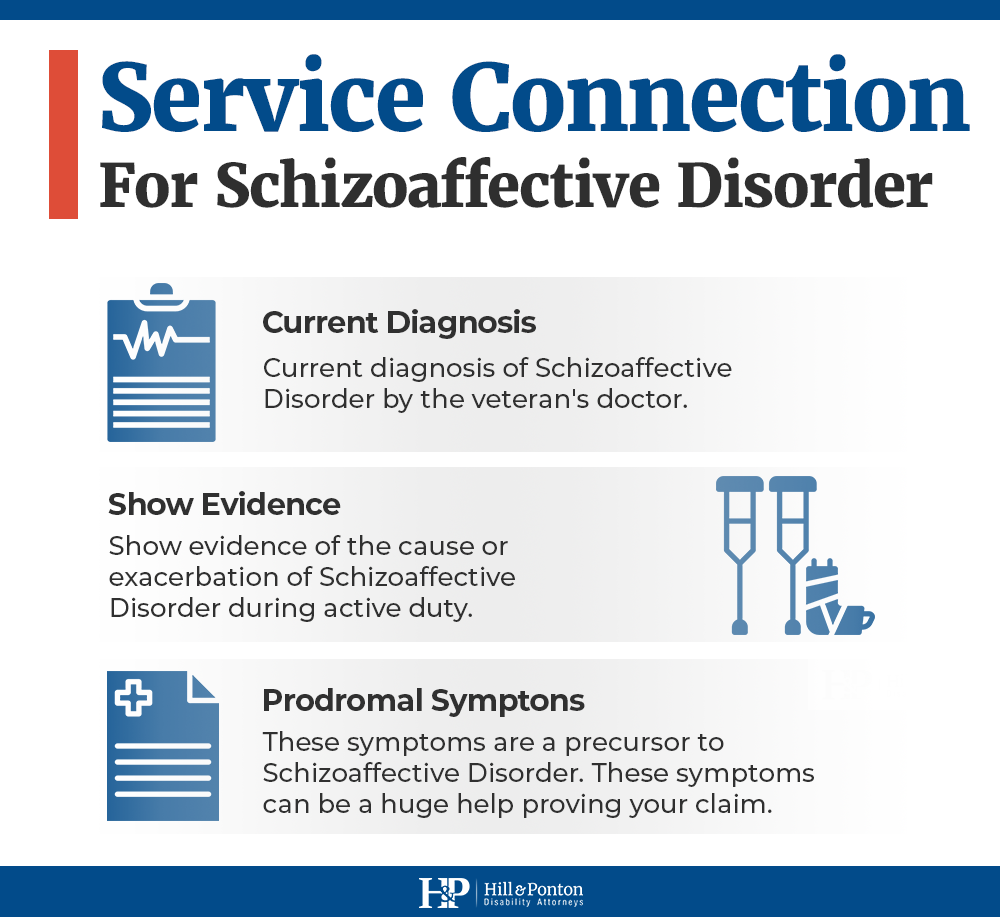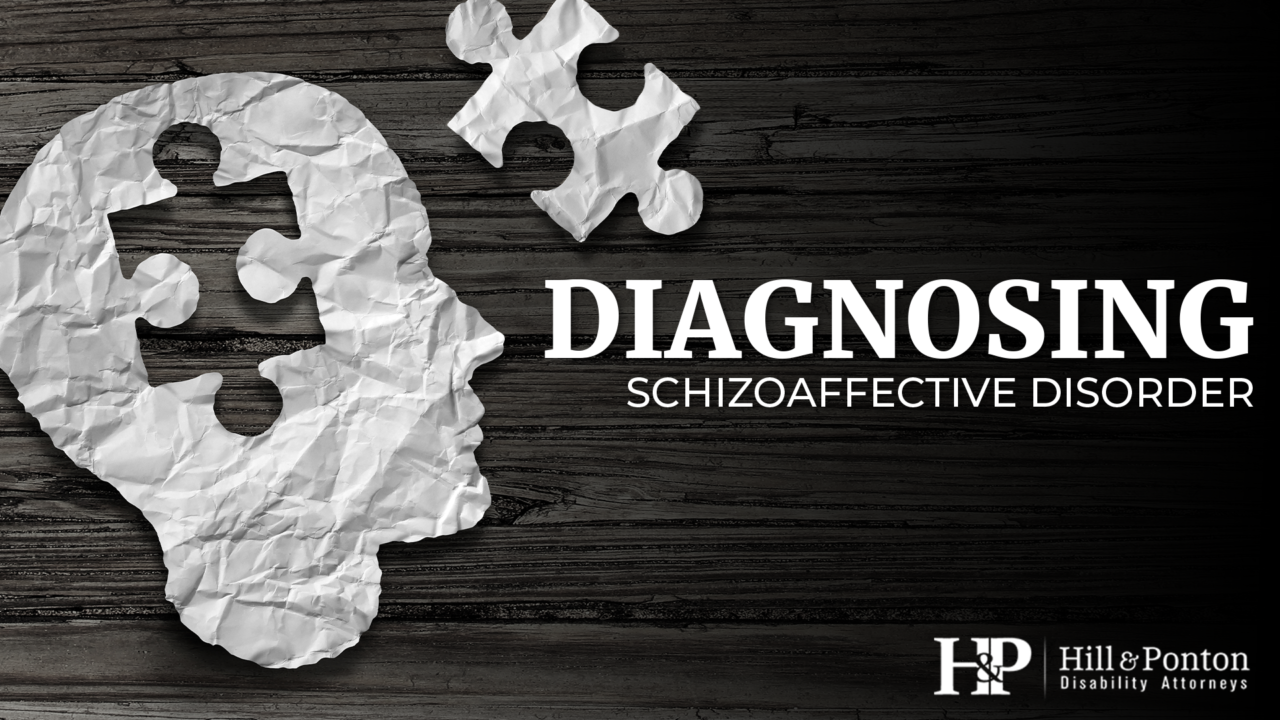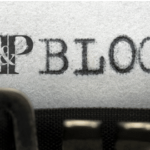Schizoaffective Disorder is a chronic mental health condition that is often misdiagnosed and therefore not assigned disability benefits. This mental illness causes both psychotic episodes as well as a mood disorder and in some circumstances other psychotic disorders. The process of this disorder evolving can lead to a partial diagnosis if all symptoms are not carefully considered and proven to be qualifying.
Different types of Schizoaffective Disorder
There are two types of Schizoaffective Disorder; Bipolar Type and Depressive Type, both of which can lead to a tricky diagnosis and eventually VA disability benefits if diagnosed properly. This means that the psychotic episodes (psychosis) such as hallucinations, schizophrenic tendencies and/or delusions are paired with a major mood disorder, being either bipolar or depression.
The suffering person can have episodes of depression or mania at the same time that symptoms of schizophrenia are present; which include hallucinations, delusions, and other mental impairments. They must also have at least a two-week period of delusions or hallucinations without any symptoms of a major mood episode, and also must meet the defined criteria for a major mood disorder throughout the majority of the time.
How Schizoaffective Disorder Is Different from Schizophrenia
The causes of this mental illness can often be related to stressful events in one’s life, drug use, genetics, brain chemistry, or other mental disorders that are yet to be diagnosed. What makes this even tougher is differentiating between schizophrenia and schizoaffective disorder. In simple terms, both conditions are very similar however where schizophrenia includes more “psychotic” symptoms, schizoaffective disorder could be interpreted as a mixture of Bipolar disorder and schizophrenia. Schizoaffective disorder has two common types including depressive and bipolar disorder symptoms.

Mental health medical conditions can often result from a traumatic event and then progress due to the activities of daily living. It is hard to truly know how a disability like a schizoaffective disorder is going to affect residual functional capacity and lead to VA disability benefits or even social security disability benefits. It takes some time to understand how severe the disorder is and whether it can be considered a bipolar disorder or schizophrenia
To have an actual diagnosis of Schizoaffective Disorder and therefore file a disability claim a person must have the following symptoms; hallucinations and/or delusions, disorganized thinking, depressed mood, or manic behavior. For the Schizoaffective depressive type, a person will show signs of depression like sadness, emptiness, and feelings of worthlessness. For the Schizoaffective bipolar type, a person will show manic behavior for example feelings of euphoria, increased risky behavior, and racing thoughts.
Symptoms of Schizoaffective Disorder
The causes of this mental illness can be related to stressful events in one’s life, drug use, genetics, consistent sleep disturbance, and/or brain chemistry. Symptoms of schizoaffective disorder usually begin to manifest between the ages of 16 and 30, which happen to include the primary age group for military service, although disability applications are not typically filed until much later.
Treatment for Schizoaffective Disorder consists of medications like antidepressants, mood stabilizers, and antipsychotics combined with psychotherapy as well as other modern recommended treatments for affective disorders.

VA Disability Benefits for Schizoaffective Disorder
When trying to receive service connection for Schizoaffective Disorder, you must show evidence of the cause or exacerbation of Schizoaffective Disorder during active duty. This evidence can include medical records, a statement from a disability lawyer or other relevant law firm, documented medical evidence, and more. It is important to understand that you did not have to have an episode while in service, have gone through medical treatment, been diagnosed with psychotic symptoms, or had an episode while in the presence of your co-workers.
There are multiple prodromal symptoms that may be present before a person actually exhibits an episode for the first time. These prodromal symptoms are a precursor to Schizoaffective Disorder, they are shown prior to the first episode and possibly before any diagnosis of mental illness has been established.
These symptoms include depression, anxiety, social withdrawal, isolation, problems with memory, thinking, and attention; trouble functioning in school or at work, unusual thoughts and behaviors; low stress tolerance, and loss of energy. These symptoms can be a huge help in proving your claim, appealing to the VA and being awarded service connection.





